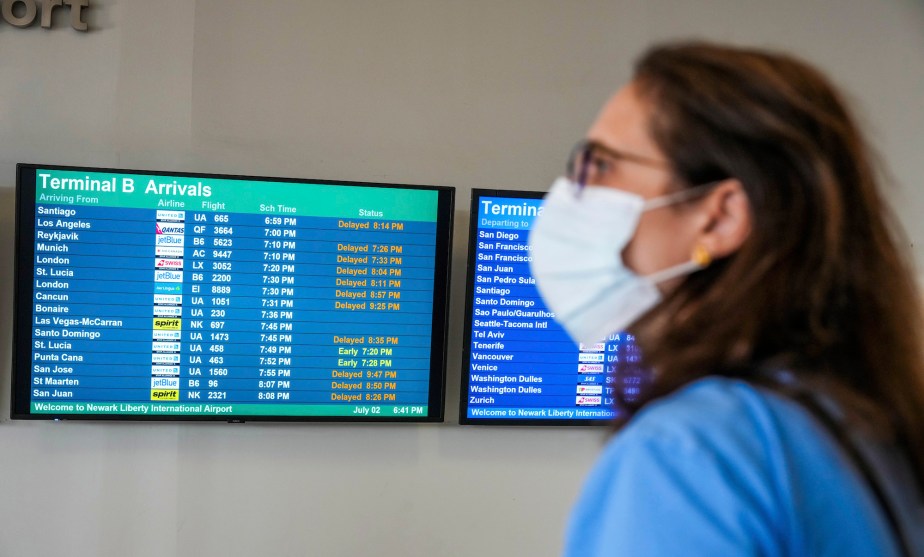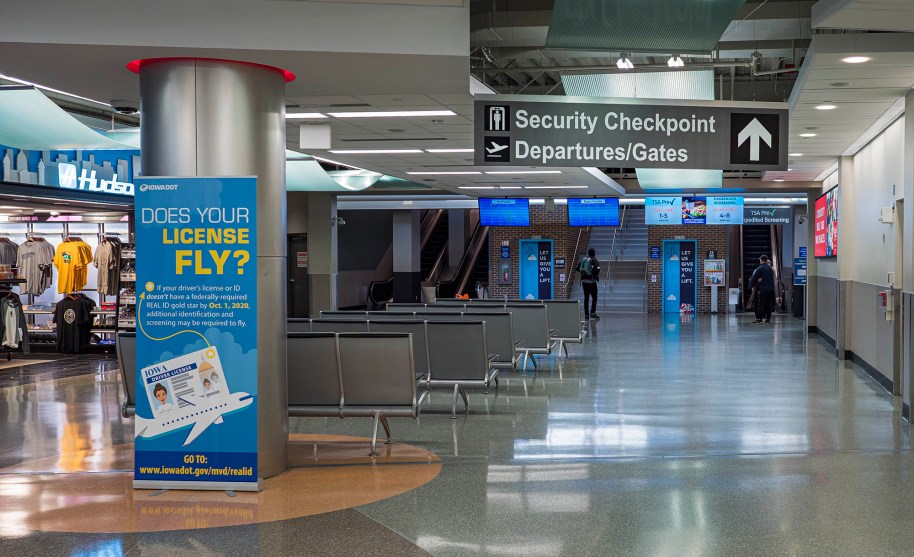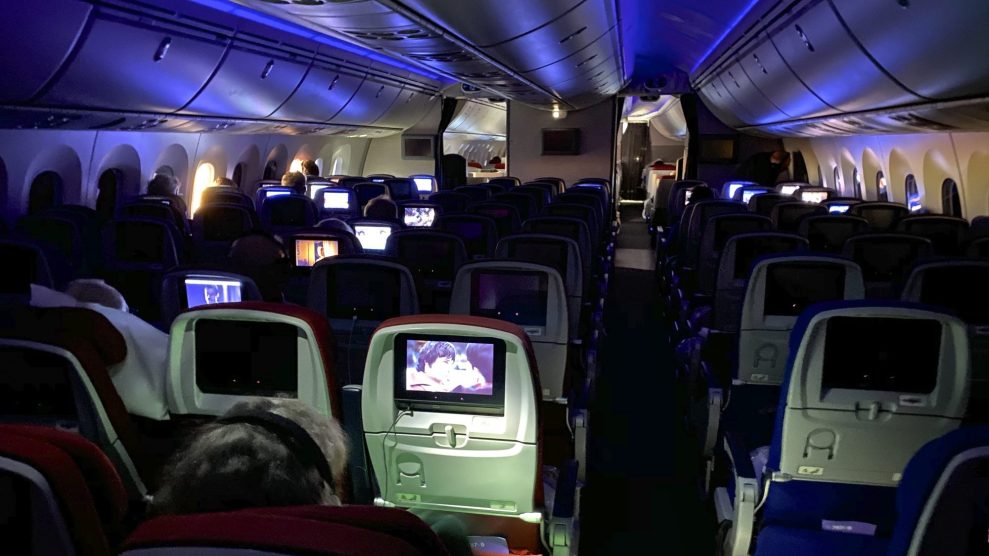
Travelers arrive at Newark Liberty International Airport (EWR) on July 3, 2022 in Newark, New Jersey. Hundreds of flights were canceled across the US ahead of July Fourth weekend.John Nacion/STAR MAX/IPx
The Department of Transportation says that airlines must start providing more information to passengers stranded by flight delays and cancellations—and even start providing perks to passengers who have had their travel interrupted through no fault of their own. Letters signed by Transportation secretary Pete Buttigieg were sent on Friday to major airlines warning that if they do not improve their treatment of customers, the Biden administration might create rules to formalize new rights for consumers.
The warning comes as 2022 has seen both a massive increase in travel—passengers are returning to the air following the pandemic—and a massive increase in flight disruptions. Airlines are largely blaming staff shortages, specifically a lack of pilots, whose ranks have been depleted over the course of the pandemic by voluntary retirements and a lack of recruiting new replacements. This summer thousands of flights have been canceled across the country, snarling air travel, and often leaving passengers stranded with few options to get to their destination. As many as 24 percent of flights in the United States have been delayed so far this year and 3.2 percent have been canceled.
Earlier this month, the DOT said it would start making new rules in order to facilitate refunds from airlines to passengers when flights have been canceled or not taken for health reasons. On Friday, Buttigieg told NBC News that airlines were a long way from delivering the kind of service that should be expected of them.
“The message to the airlines is that you’ve got to make it easier for passengers to understand their rights,” Buttigieg said. “And you’ve got to support passengers when they experience delays or cancellations.”
In his letter, Buttigieg said airlines should begin offering passengers more help. Those who have delays of three hours or more should receive meal vouchers, for instance, and passengers forced to stay overnight due to delays or cancellations should be given free lodging or hotel vouchers.
Nonetheless, Buttigieg may be facing an uphill battle to pry any concessions from the industry. As enraged and aggrieved as passengers may be, the airline industry is a powerful force in Washington. In 2021, the industry spent more than $109 million on lobbying, and the industry is known for having close ties with regulators. As many as two-thirds of the industry’s lobbyists were former government employees.













